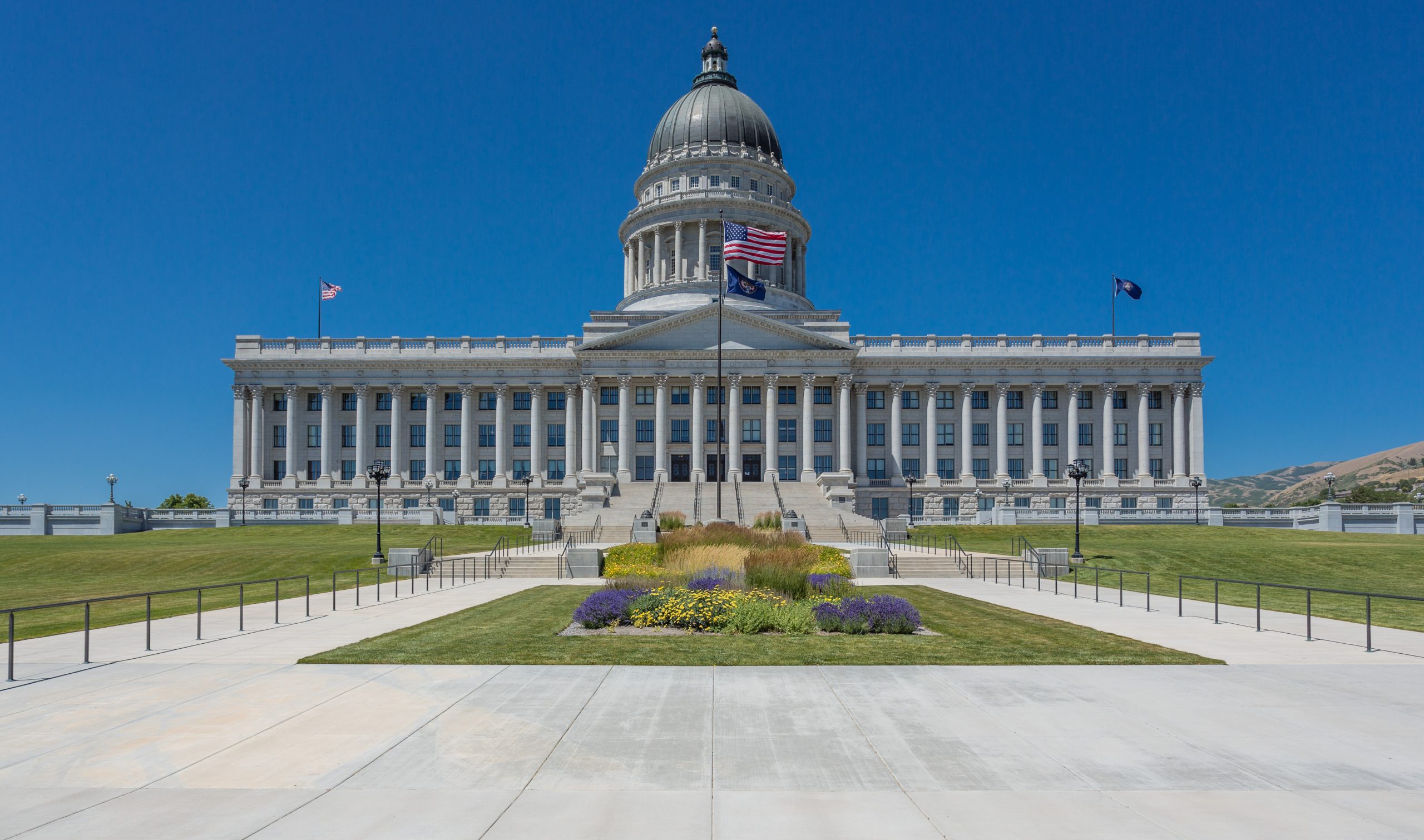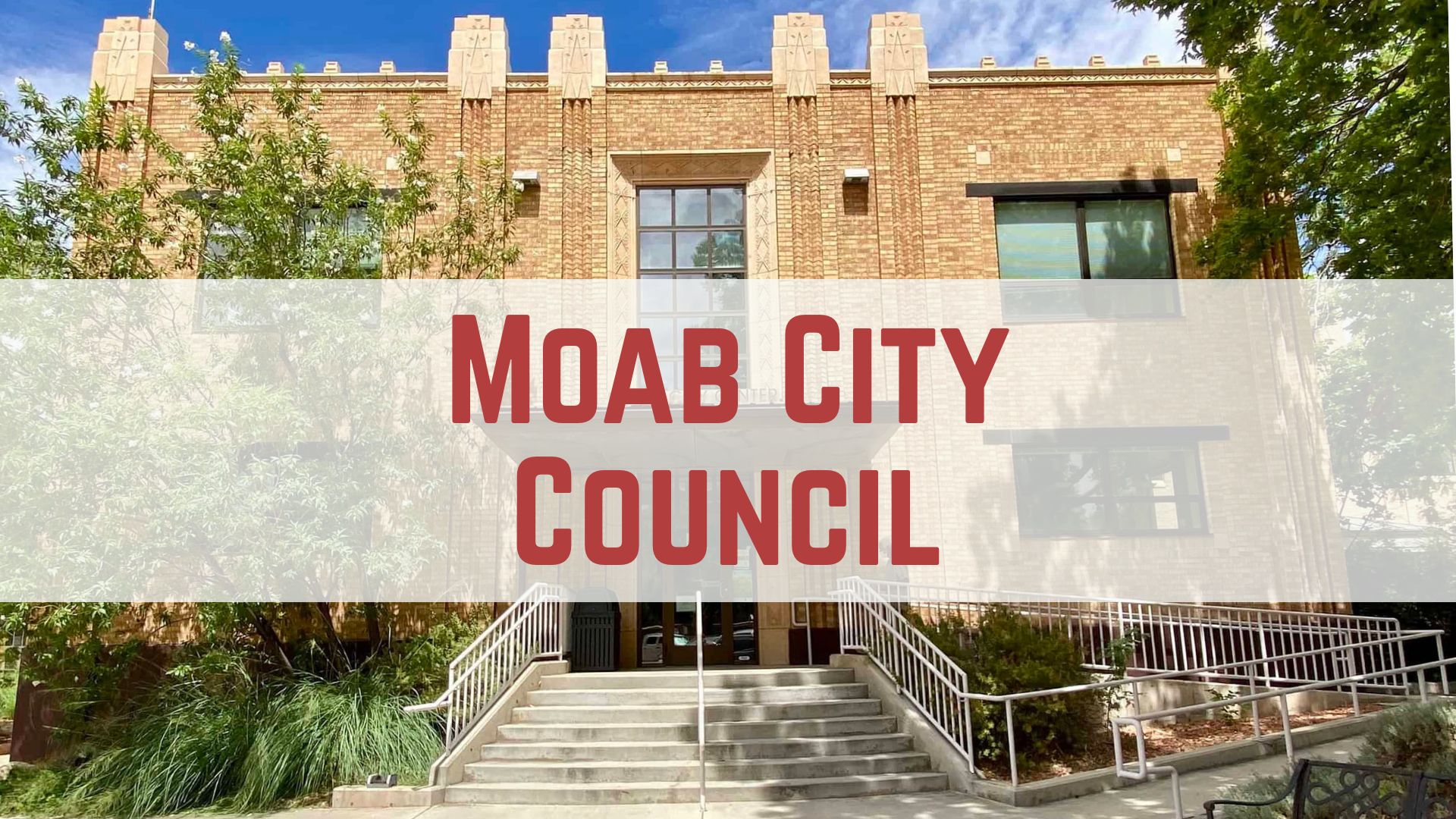Some information may be outdated.
Both houses of the state legislature have voted in favor of House Bill 416, sponsored by Representative Phil Lyman, which brings an early close to a pilot program that allowed Grand County to use transient room tax funds on economic diversification activities. As of March 8, the bill has not yet been sent to the governor for his signature.
Transient room taxes are collected on overnight lodgings and make up a substantial portion of Grand County’s revenues. State regulations dictate how TRT must be spent: part is set aside for the promotion and establishment of tourism, and part is set aside for mitigation of tourism impacts.
In 2021, the state legislature passed amendments to TRT regulations that shifted the balance of spending on promotion and mitigation in favor of the latter. The amendments also created a clause that allowed the county to spend up to one-third of the promotional part of TRT revenues on economic diversification activities. The Grand County Economic Development Department designed a grant program, modeled after a state grant program, to disperse economic diversification funds to local businesses.
Some local stakeholders felt the grant program did not meet the objectives of economic diversification; some opponents of the program think that economic diversification, though a worthy cause, is not an appropriate use for money raised by the tourism industry. Lyman, whose district includes Grand County, responded to these concerns with HB 416, which sunsets the economic diversification clause in July of this year, instead of in 2026 as outlined in the 2021 amendments.
At the senate committee hearing on the bill, Grand County officials asked legislators to compromise: to introduce a substitute bill that would end the economic diversification spending program in 2024, instead of in a few months. No one introduced a substitute; the bill proceeded from the committee to the full senate, where it received a favorable vote with 21 yeas, 6 nays, and 2 absent. Senator David Hinkins, whose district includes Grand County, voted in favor of the bill.

The earlier sunset date means Grand County will have to revisit plans officials had been making for future economic diversification spending. Officials did not plan to continue the grant program, but rather to use the economic diversification money to establish a revolving low- or no-interest loan fund for local businesses; the county also has an agreement with Utah State University to create a small business development center, and has pledged $300,000 toward that goal.
Grand County Strategic Director Chris Baird said it’s possible that the county may generate enough TRT between now and the new sunset date of the economic diversification fund that money still earmarked for economic diversification will be enough to cover the county’s commitment to the small business development center and associated administrative costs—but it will likely be close. County officials will consider other potential funding sources for a revolving loan fund in the future.
In legislative discussion, Lyman has suggested that transient room tax regulations in general are due for an update, and may be revisited in the near future.
Appreciate the coverage? Help keep local news alive.
Chip in to support the Moab Sun News.





